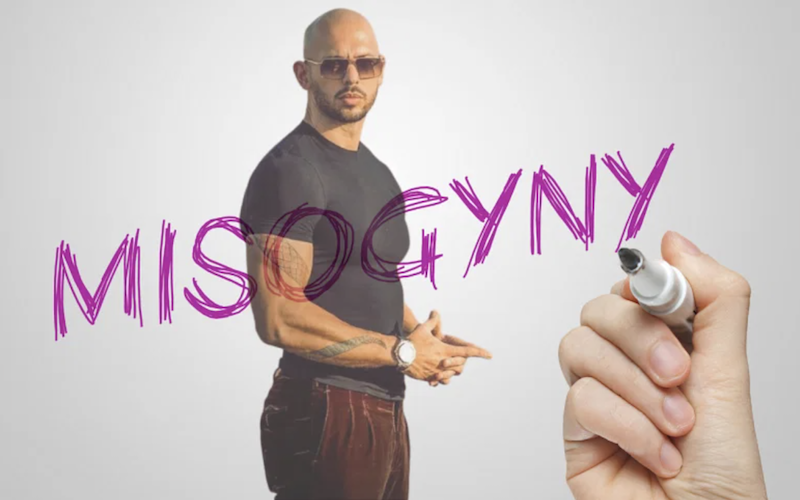Recently, Florida made headlines for passing a controversial bill that bans the discussion of menstruation and other reproductive health topics in schools. The bill, which was signed into law by Governor Ron DeSantis, has sparked outrage among health professionals, educators, and advocates for women’s health. The ban not only silences an important conversation but also puts the health and safety of young women at risk, and is an extreme example of states’ efforts to limit sex education.
The Florida ban specifically targets sex education programs in schools, forbidding the discussion of topics such as menstruation, contraception, and sexually transmitted infections. Supporters of the ban argue that it promotes abstinence and protects young people from harmful messages. However, critics argue that it is a dangerous step backward that will lead to unintended consequences.
One major concern is that the ban will result in young women not getting the information they need about their own health and bodies. Menstruation, in particular, is a normal bodily function that affects half of the population and should not be shrouded in secrecy or shame. Without accurate information about periods, young women may not know how to manage their menstrual cycles or recognize signs of serious health issues.
Furthermore, the ban perpetuates harmful stereotypes and stigmas surrounding periods and reproductive health. Shame and embarrassment surrounding these topics have long been used to silence women and girls and reinforce patriarchal norms. By banning the discussion of these topics in schools, Florida is perpetuating the idea that periods are shameful and should be kept secret.
This ban also has implications for public health. Without access to accurate information about reproductive health, young people are more likely to engage in risky sexual behavior and contract sexually transmitted infections. Additionally, by forbidding the discussion of contraception, Florida is making it harder for young people to access birth control, which can have long-term consequences for their reproductive health.
The Florida ban on discussing periods and reproductive health topics is dangerous and harmful. It silences an important conversation and puts the health and safety of young women at risk. It is crucial that we continue to advocate for comprehensive sex education programs that provide accurate information and promote healthy attitudes toward reproductive health.
















